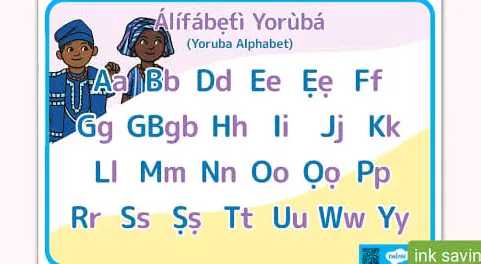Yórùbá
In my early years, there was a woman who adamantly prohibited us from speaking our native Yoruba dialect to her children, insisting solely on English. Ironically, she herself communicated exclusively in English, leaving her children with only fragments of their father's Yoruba. This, I believe, illustrates one of the grievous...



